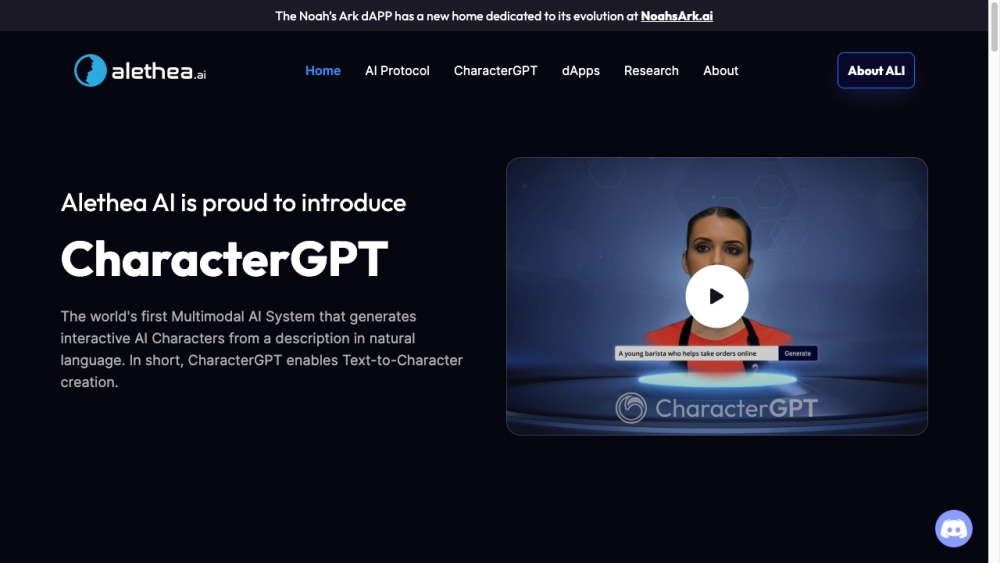On August 1, the European Union's Artificial Intelligence Act officially came into effect, marking a significant milestone as the world's first comprehensive regulation on artificial intelligence. This legislation underscores the EU's commitment to establishing standards for AI applications while prioritizing democracy, human rights, and the rule of law.
The EU's Internal Market Commissioner, Thierry Breton, hailed the Act as "an effective, balanced, and globally pioneering framework for artificial intelligence." According to the law, AI systems, such as chatbots, must clearly inform users that they are interacting with machines. Providers of AI technology are required to ensure that synthesized audio, video, text, and images can be detected as AI-generated content. Furthermore, the Act prohibits the use of AI systems that pose significant risks to users' fundamental rights, with violators facing fines of up to €35 million or 7% of their global annual revenue, whichever amount is higher. Non-compliance with other risk categories could lead to fines of up to €15 million or 3% of global revenue, depending on the business scale.
The regulations will be implemented in phases, with some provisions becoming effective within 6 to 12 months post-enactment, while the majority will take effect on August 2, 2026. EU lawmaker Brando Benifei emphasized that the Act is "the first of its kind globally, guiding the development of safe and human-centered AI." Although some European industry organizations and governments previously opposed comprehensive regulations for general AI, arguing that lawmakers should focus on the technology's harmful uses, negotiations ultimately led to a flexible legislative framework that can adapt to rapidly evolving technologies.
The impact of the AI Act is expected to extend beyond Europe's borders. Analysts see this comprehensive regulation as a demonstration of the EU's foresight and leadership in technological oversight. The Act pays particular attention to high-risk AI applications, such as credit scoring and employee monitoring, and aims to create a cohesive regulatory framework that benefits public interests while safeguarding individual rights. The Act explicitly states that any AI system deemed a significant threat to safety, livelihood, or rights will be banned.
Experts believe that the EU's AI legislation could serve as a global template for AI regulation, marking a crucial moment in the international governance of artificial intelligence. Similar to the EU's General Data Protection Regulation (GDPR), the Act sets a directional course for AI oversight worldwide. Industry analysts predict that the Act's enforcement will significantly increase compliance costs for AI-related companies, with estimates suggesting an economic impact exceeding €30 billion for the EU over the next five years and nearly a 17% rise in compliance expenses in the AI sector.
Importantly, as the Act is phased in, several areas remain ambiguous, particularly concerning definitions and compliance requirements of high-risk AI systems. Questions about how to effectively assess and monitor the transparency and fairness of AI systems present additional uncertainties.
Last month, a joint statement was issued by the European Commission, the UK Competition and Markets Authority, the US Federal Trade Commission, and the US Department of Justice, aiming to foster fair competition and highlight the opportunities posed by AI technology. The statement identified various competition risks, including the concentration of key resources, along with consumer risks linked to AI, such as deceptive practices that could harm consumers' rights.
The emphasis on fair trading practices, interoperability in AI, and consumer choice highlights the collaborative drive among these stakeholders to support competition, protect consumers, and encourage innovation. With AI technology transcending traditional geographical boundaries, experts affirm that inclusive global cooperation is vital for harnessing opportunities in the digital, networked, and intelligent landscapes. This vision advocates for a shared approach to governance, promoting a future that is inclusive, beneficial, and sustainable for the advancement of artificial intelligence.






